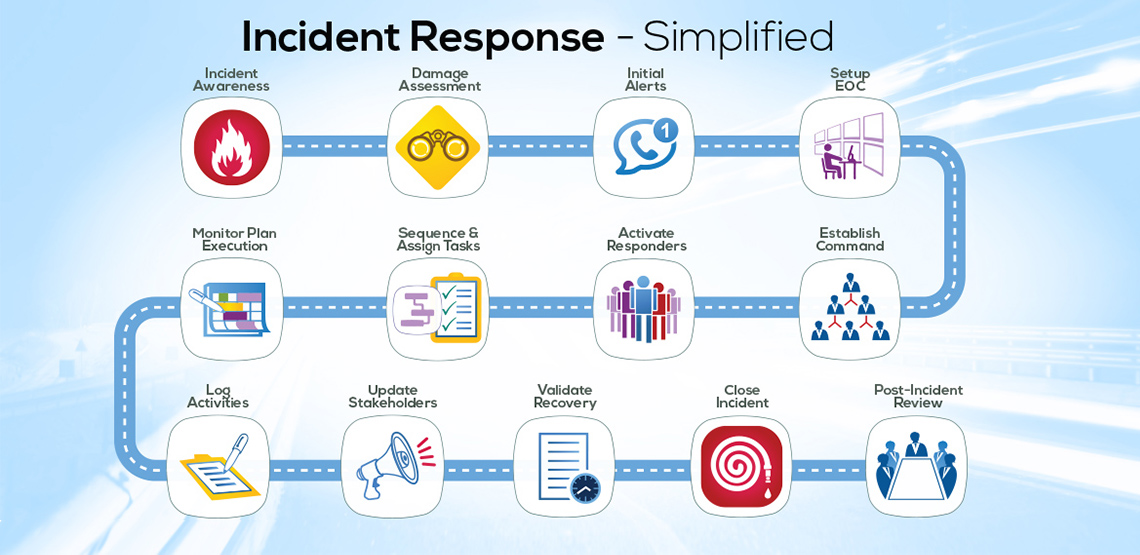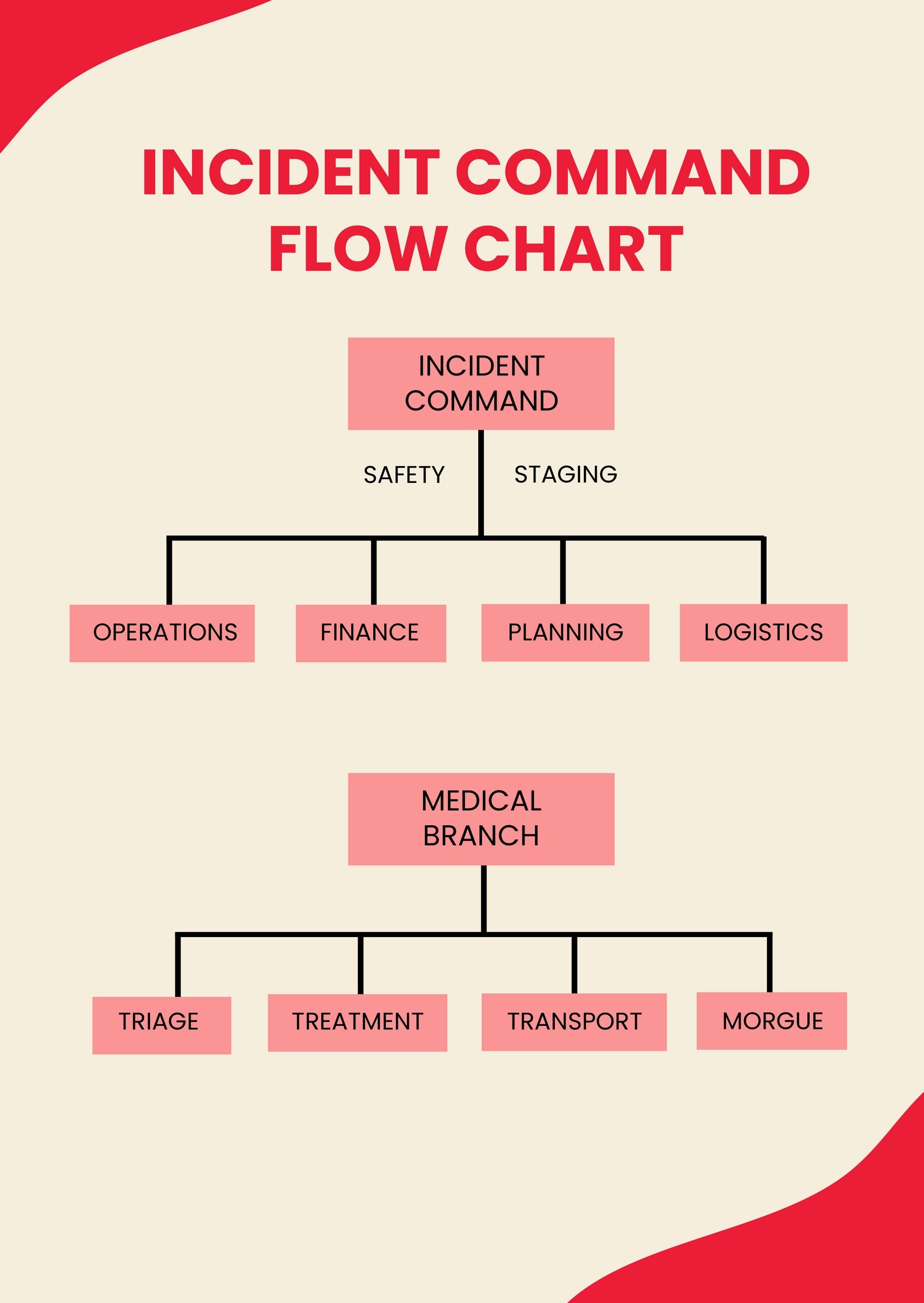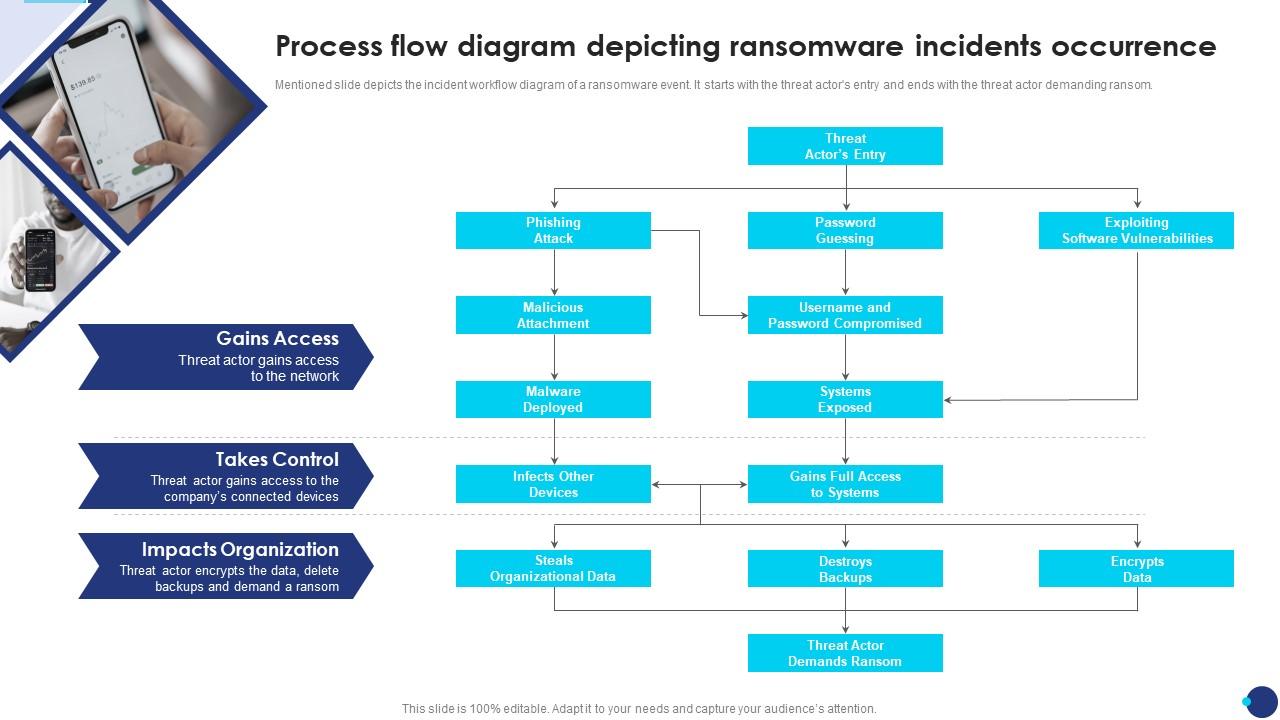Mom's Response To The Incident: A Deep Dive Into How Mothers Handle Life’s Challenges
Every parent has been there—facing an unexpected situation that tests their patience, love, and resilience. When it comes to "mom's response to the incident," we often see a whirlwind of emotions, decisions, and actions that define parenthood. But what exactly happens when moms face these moments? How do they react, and what can we learn from their approach?
Let’s be real for a sec. Being a mom is no easy feat. From late-night feedings to navigating teenage tantrums, mothers deal with situations that would leave most people scratching their heads. Yet, in the heat of the moment, moms manage to pull off some seriously impressive responses. Whether it’s a scraped knee or a full-blown crisis, their reactions are often the glue holding everything together.
So, if you’re wondering how moms handle incidents—big or small—you’re in the right place. This article dives deep into the world of maternal responses, exploring everything from emotional regulation to problem-solving strategies. Stick around because this is gonna be one heck of a read!
Read also:Juicy Jackie The Ultimate Guide To The Trendiest Fashion Icon You Need To Know
Here’s a quick overview of what we’ll cover:
- Biography: The Mom's Role in Life
- Understanding Mom’s Responses
- Emotional Intelligence in Action
- Problem-Solving: How Moms Fix Things
- Real-Life Examples of Mom’s Reactions
- Common Incidents Moms Face
- Parenting Tips from Moms
- Mental Health and Mom’s Well-being
- The Importance of a Support System
- Conclusion: Lessons We Can All Learn
Biography: The Mom's Role in Life
Before we dive into mom's responses, let’s take a step back and appreciate the role of a mother. Moms wear many hats—they’re caregivers, teachers, therapists, and sometimes even referees. It’s no wonder they’re often seen as superheroes in disguise.
Who Are Moms, Really?
Let’s break it down. A mom is more than just someone who gives birth. She’s the backbone of the family, the one who keeps everyone grounded while juggling countless responsibilities. Here’s a quick snapshot:
| Role | Description |
|---|---|
| Caregiver | Handles day-to-day needs like feeding, clothing, and healthcare. |
| Teacher | Imparts life lessons, values, and knowledge. |
| Emotional Anchor | Provides comfort and stability during tough times. |
| Problem Solver | Tackles challenges big and small with creative solutions. |
Now that we’ve set the stage, let’s explore how moms respond to incidents—and why their reactions matter.
Understanding Mom’s Responses
When an incident occurs—whether it’s a spilled glass of milk or a more serious situation—moms tend to react instinctively. These responses are shaped by years of experience, emotional intelligence, and sometimes, pure intuition. But what drives these reactions?
Factors Influencing Mom’s Responses
There are several factors at play when it comes to how moms handle incidents:
Read also:Enrica Cenzatti The Untold Story Of A Rising Star
- Experience: Moms who’ve been through similar situations before may respond more calmly.
- Emotional State: A mom’s mood and stress levels can influence her reaction.
- Child’s Age: The age and maturity level of the child involved also affects the response.
- Support System: Having a strong network of family and friends can help moms stay level-headed.
It’s fascinating to see how these factors come together to shape a mom’s response. But what does this look like in practice?
Emotional Intelligence in Action
Emotional intelligence (EI) plays a huge role in how moms handle incidents. This refers to the ability to recognize, understand, and manage emotions—both their own and others’. Moms with high EI are often better equipped to navigate challenging situations.
Key Components of Emotional Intelligence
Here’s how emotional intelligence manifests in mom’s responses:
- Self-Awareness: Moms are aware of their own emotions and how they affect their behavior.
- Empathy: They understand and relate to their child’s feelings.
- Regulation: They can manage their emotions effectively, even under pressure.
- Relationship Skills: They foster open communication and trust with their children.
For example, if a child is upset after failing a test, a mom with high EI might acknowledge their feelings, offer encouragement, and help them develop a plan to improve. It’s all about balancing empathy with practical solutions.
Problem-Solving: How Moms Fix Things
Let’s talk about one of the most impressive skills in a mom’s toolkit: problem-solving. Whether it’s fixing a broken toy or mediating a sibling fight, moms have a knack for finding solutions. Here’s how they do it:
Steps in Mom’s Problem-Solving Process
1. Assess the Situation: Moms quickly evaluate what’s going on and identify the root cause of the problem.
2. Gather Information: They ask questions, listen carefully, and consider all possible factors.
3. Brainstorm Solutions: With their creative minds, moms come up with multiple ways to tackle the issue.
4. Implement the Plan: Once a solution is chosen, they take action to resolve the problem.
5. Follow Up: Moms ensure that the issue is fully resolved and make adjustments if needed.
This systematic approach is why moms are so effective at handling incidents. It’s not just about fixing the problem—it’s about teaching their kids how to solve problems themselves.
Real-Life Examples of Mom’s Reactions
To truly understand mom’s responses, let’s look at some real-life scenarios. These examples highlight the diverse ways moms handle incidents:
Scenario 1: The Playground Incident
Imagine this: two kids are playing on the swings when one accidentally bumps into the other. One child starts crying, and the mom steps in. Instead of immediately jumping to conclusions, she calmly assesses the situation, checks for injuries, and helps both kids communicate their feelings. It’s a masterclass in conflict resolution.
Scenario 2: The Forgotten Homework
Picture this: a child realizes they’ve left their homework at school the night before a big presentation. Instead of panicking, the mom helps them brainstorm alternatives, like contacting a classmate or creating a summary based on notes. It’s a lesson in adaptability and resourcefulness.
Common Incidents Moms Face
Let’s face it—moms deal with a wide range of incidents every day. From minor accidents to major life events, they handle it all with grace. Here are some common incidents moms encounter:
- Minor injuries like cuts and bruises.
- Behavioral issues such as tantrums or defiance.
- Academic struggles like poor grades or test anxiety.
- Emotional challenges like bullying or friendship conflicts.
- Family crises like illness or financial stress.
Each of these situations requires a unique response, but one thing remains constant: moms always find a way to make things better.
Parenting Tips from Moms
So, what can we learn from how moms handle incidents? Here are some valuable parenting tips:
- Stay Calm: Your reaction sets the tone for how your child responds.
- Listen Actively: Let your child express their feelings without interruption.
- Empathize: Validate their emotions before offering solutions.
- Encourage Problem-Solving: Help them think critically and come up with solutions.
- Be Patient: Change takes time, and progress may be slow.
These tips aren’t just for moms—they’re universal principles that can benefit anyone in a caregiving role.
Mental Health and Mom’s Well-being
While moms are amazing at handling incidents, it’s important to remember that they’re human too. Their mental health plays a crucial role in how they respond to challenges. Here’s why self-care matters:
Why Moms Need Support
Moms often put their own needs last, prioritizing their families instead. However, neglecting their mental health can lead to burnout and stress. By taking care of themselves—whether through exercise, meditation, or simply taking a break—moms can ensure they’re in the best position to handle incidents effectively.
The Importance of a Support System
No one can do it alone, and that includes moms. Having a strong support system is essential for managing incidents and maintaining well-being. Here’s how support systems help:
- Shared Responsibility: Other family members can pitch in, reducing the burden on moms.
- Emotional Support: Friends and loved ones provide a listening ear and a shoulder to lean on.
- Practical Help: Assistance with tasks like cooking or childcare can make a big difference.
Building a support network isn’t just beneficial for moms—it benefits the entire family.
Conclusion: Lessons We Can All Learn
In conclusion, mom’s responses to incidents are a testament to their resilience, creativity, and love. Whether it’s handling a minor mishap or tackling a major challenge, moms bring a unique perspective that’s worth appreciating. Here’s a quick recap of what we’ve learned:
- Moms rely on emotional intelligence and problem-solving skills to handle incidents.
- Real-life examples show the diversity of mom’s responses and their effectiveness.
- Parenting tips from moms emphasize the importance of empathy, patience, and active listening.
- Mental health and support systems are crucial for moms to thrive.
So, the next time you witness a mom handling an incident, take a moment to appreciate their hard work and dedication. And if you’re a mom yourself, remember to take care of yourself too—you deserve it!
Feel free to share your thoughts in the comments below or check out more articles on our site. Together, let’s celebrate the incredible power of motherhood!


